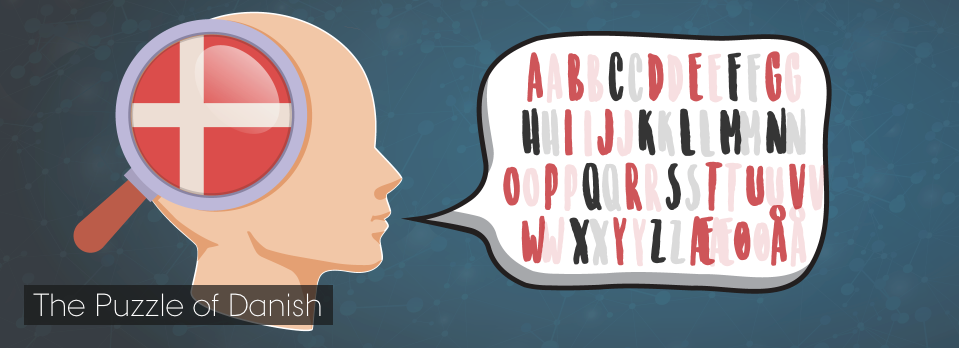Workshop on language acquisition across cultures and methodological approaches
Info about event
Time
Location
IMC Meeting Room, Jens Chr. Skous Vej 4, Building 1483-312, 8000 Aarhus C

The focus of this workshop will be on combining cross cultural studies with computational methods to understand the role of language specificities (e.g. extreme phonetic reduction in Danish) and the practices surrounding language development (e.g. child-directed speech, interactions with children, etc.). A side issue is how to ensure open science practices to build a cumulative science of language acquisition.
The idea of the workshop was born from local ongoing research on the “Puzzle of Danish” (http://projects.au.dk/the-puzzle-of-danish/) led by Morten Christiansen. In particular, a subproject is investigating how the practices surrounding child directed speech accommodate or not the strong phonetic reduction and high number of vocalic sounds in Danish, and what the consequences of this are.
Speakers:
Alex Cristia, Researcher at CNRS, Laboratoire de Sciences Cognitives et Psycholinguistique.
Is infant-directed speech optimal for learning sounds and words? Computational evidence says 'meh'
Marisa Casillas, Postdoctoral researcher at the Max Planck Institute for Psycholinguistics.
The ACLEW project seeks to build a cross-culturally valid description of children's real-world early language experiences with a highly diverse sample, a common annotation system, and new open-source tools for automated analysis. I will discuss the ACLEW group’s recent progress in developing these tools and the initial results emerging from our comparative and tool-aided analyses.
Caroline Rowland, Professor and director of the Language Development department at the Max Planck Institute for Psycholinguistics.
What predicts how quickly children learn words?
In this talk, I will present data from the multi-method Language05 project to explore why children differ in the speed with which they build their lexicon in the first two years of life. I will describe studies that show how factors such as input diversity, lexicon size and processing abilities contribute to individual differences in vocabulary growth. The talk illustrates how we are starting to build a picture of what kinds of learning mechanisms may underpin vocabulary development.
Christina Bergmann, Postdoctoral researcher at the Max Planck Institute for Psycholinguistics.
Opportunities and limitations of cross-laboratory data: Lessons from meta-analyses and cross-laboratory collaborations
Cross-laboratory datasets, such as from meta-analyses of all available studies on a topic or from cross-laboratory collaborations, are immensely useful to assess the generalizability, variability, and cross-linguistic reliability of specific phenomena. In addition, such datasets allow to study the consequences of experimental design choices, such as stimuli or method. I will discuss the unique advantages of both meta-analyses and cross-laboratory studies and highlight specific points of caution for each.
